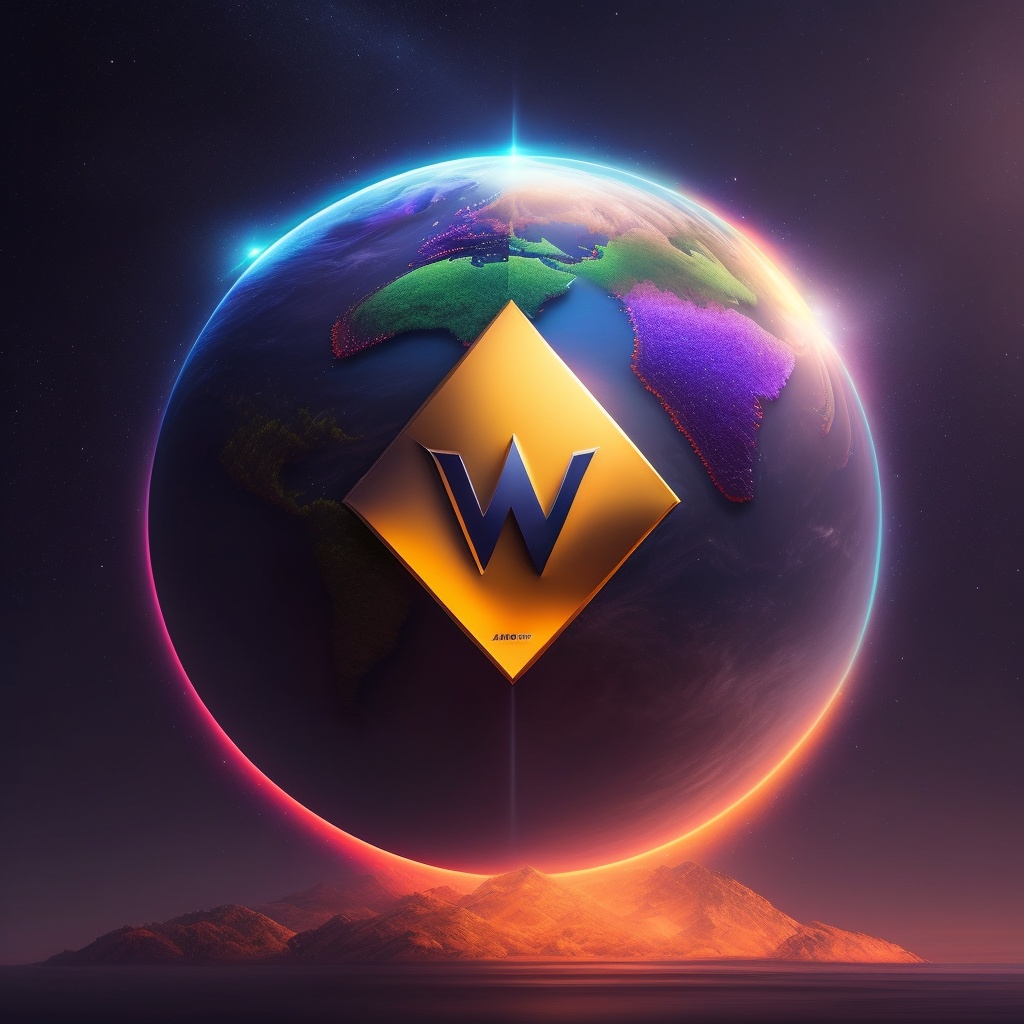Sam Altman, the CEO of OpenAI and co-founder of Worldcoin, has recently launched a new cryptocurrency project that has garnered immense attention from the global crypto community. The project, called Worldcoin, aims to create a global network of digital identities for a world in which AI robots become harder to distinguish from humans. The project uses a device called an “orb” to scan a person’s iris, which has a unique pattern in every human much as a fingerprint does. That creates a World ID, which grants its holders “proof of personhood” — a way to verify their identities on various online services without disclosing their name or other personal data.
Worldcoin is also the name of the cryptocurrency that’s used to reward people who scan their eyeballs or who support the project. The Worldcoin Foundation is listed as the steward of the technology, but the organizers say that it has no owners or shareholders and that holders of Worldcoin tokens will have a say in the direction of the project.
The listing of Worldcoin (WLD) on Binance, the world’s largest cryptocurrency exchange, has opened up new opportunities for investors to participate in this new venture. This listing includes trading pairs such as WLD/BTC, WLD/USDT, and WLD/USDC.
What is Worldcoin?
Worldcoin is a digital identification platform that aims to provide each person on earth with a convenient way to verify that they are a real human and not a bot or an AI algorithm. The company building Worldcoin—Tools for Humanity—was cofounded by Altman, who is better known for creating ChatGPT. Ironically, Altman has played a central role in sparking the current AI gold rush, which has significantly worsened the very problem Worldcoin proposes to solve.
Worldcoin has built its digital passport system using the cryptographic and blockchain tools that support the wider world of cryptocurrency. It also supports the WLD crypto token, plus a payments platform.

How Does Worldcoin Work?
Think of Worldcoin as a three-legged stool: It only works if people adopt and use three mutually reinforcing components.
World ID
The heart of the platform is World ID, which the company claims will enable users to “verify their humanness” online while maintaining their privacy. This so-called “proof of personhood” is created by an iris-scanning device called the Orb. Much like fingerprints, every person’s iris pattern is different. The Orb scans a user’s iris and uses its structure to create a unique identification code called an IrisCode.
WLD Token
The second leg of the stool is the WLD token. This cryptocurrency is used to reward people who scan their eyeballs or who support the project in other ways. The organizers say that holders of WLD tokens will have a say in the direction of the project.
World App
The third leg of the stool is the World App. This is a crypto wallet app that enables users to store and manage their WLD tokens and other digital assets.
What Does This Mean for the Future of Crypto?
The listing of Worldcoin (WLD) on Binance opens up new opportunities for investors to participate in this new venture. It also represents another step towards mainstream adoption of cryptocurrencies and blockchain technology.
Worldcoin’s ambitious vision and support from prominent figures in the tech industry suggest that it could play an important role in reshaping the economy through generative AI and potentially contributing to the concept of universal basic income.
In conclusion, Sam Altman’s Worldcoin (WLD) being listed on Binance represents an exciting development in the world of crypto and could have far-reaching implications for the future.
The Potential Impact of Worldcoin
Worldcoin’s vision is ambitious and far-reaching. By creating a global network of digital identities, it aims to provide each person on earth with a convenient way to verify their identity online while maintaining their privacy. This could have significant implications for how we interact with online services and conduct transactions on the internet.
One potential impact of Worldcoin could be increased access to financial services for people who are currently unbanked or underbanked. By providing individuals with a secure and verifiable digital identity, Worldcoin could make it easier for them to access financial services such as bank accounts, loans, and insurance.
Another potential impact could be increased security and privacy online. By providing individuals with a way to verify their identity without disclosing personal information such as their name or address, Worldcoin could help reduce instances of identity theft and fraud.
Finally, by creating a global network of digital identities, Worldcoin could help facilitate cross-border transactions and commerce. This could make it easier for individuals and businesses to conduct transactions across borders without having to navigate complex regulatory frameworks or deal with currency conversion issues.
Conclusion
In conclusion, Sam Altman’s Worldcoin (WLD) being listed on Binance represents an exciting development in the world of crypto. The project’s ambitious vision and support from prominent figures in the tech industry suggest that it could have far-reaching implications for the future of digital identity, financial inclusion, and global commerce. As Worldcoin continues to grow and evolve, it will be interesting to see how it shapes the future of crypto and the wider economy.
